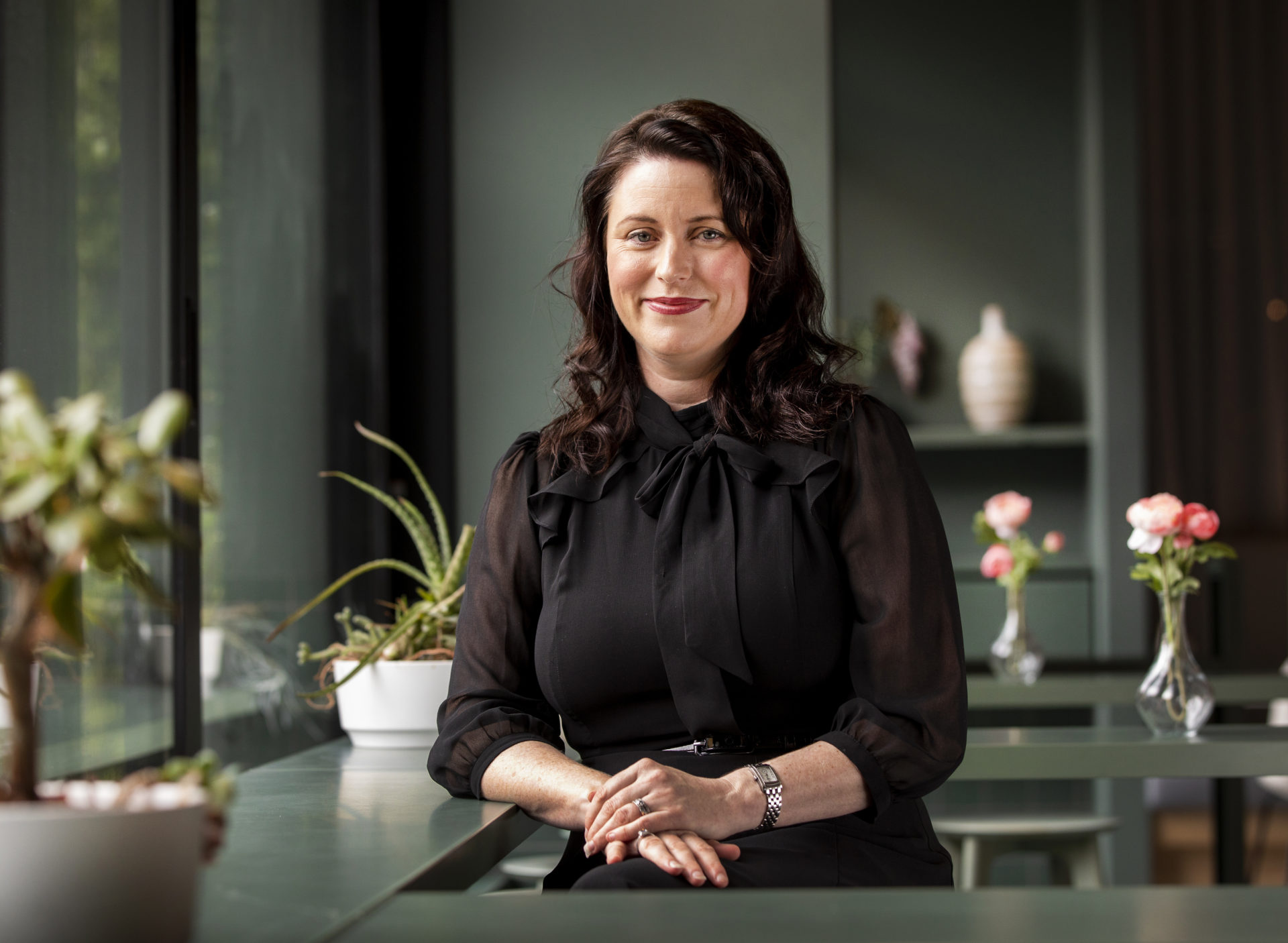For over 15 years I have seriously dabbled in mindfulness. I have read everything I could get my hands on and attended dozens of mindfulness courses and classes and having worked at Monash University during this time, I have had access to mindfulness experts Associate Professor Craig Hassed and Dr Richard Chambers. I have drawn on my mindfulness skills in difficult times before, such as during labour, before big presentations and other times of acute stress. But it wasn’t until the pandemic, a time of unprecedented, daily and consistent stress for me as a mother and academic, that I needed to buckle down and seriously work on creating my own micro mindfulness toolbox*.
2020 for me, like many women, saw the loss of the usual supports that I have in place in order to help with my work-life-balance. It saw me becoming a primary school teacher to my grade 5 son and grade 3 daughter, a role that was unbelievably stressful. As an academic, the very nature of my work changed overnight, and I had to teach on-line for the first time and also help manage hundreds of students who were also clearly struggling with their own situations while also actively researching.
Intuitively, I understood that it was not going to take too much to tip over the edge into burnout, a situation I wanted to avoid at all costs. At a time where there is so much out of our control, we need to pause and focus on what we can control and how we can build little nurturing practices into our day. The way that I approached this for myself, was to create a mindfulness toolbox that worked for me and that I could draw from daily.
I have never been one who is able to sit silently and meditate on my own, so now was not the time to start such a challenging practice. So I decided what I could do, with absolute minimum effort, was to listen to a mindfulness track as the very first thing I did each day. I used a track on Insight Timer that I liked and I listened to that track each and every morning. I did not want to start my mornings by having to make a decision about what to listen to and honestly, that was too much cognitive effort for me at the time.
In addition to listening to the same track, I added another micro mindfulness step in that when my feet touched the ground I said to myself “today is going to be a great day”, simple, a little bit lame, but it was better than immediately thinking about the list of 100 things I needed to achieve that day.
Then I also incorporated two more micro practices that took no time but made my days better. First, every time I washed my hands (which was sooooooooooo many times per day), while my hands were under the water I would pause, take a breath and notice how it felt to wash my hands. I did that one thing at that one time, instead of mindlessly washing while thinking of other things to do. I cared for myself by pausing and noticing for just a few seconds, and every time I felt better for it.
Second, I also took this approach with eating my lunch. I missed my lunches from restaurants and with colleagues but that was not something I could control. What I could control, was how I ate my lunch. So when I had lunch I just sat and ate it. I didn’t use my phone or check email or balance my sandwich over my laptop. Instead I used this as another opportunity to care for myself by letting myself rest by just doing this one thing during this time.
Once you build in these little practices into your day you quickly notice how much better you feel in these moments and I really appreciated how I could become mindful almost instantly when I engaged in these activities.
Other micro practices that work for me are:
- Mindful cups of tea
- Mindful showering/bathing
- Mindful conversations with my children where I listen carefully to them with focus and attention
- Mindful gardening, as simple as plant watering, paying attention to movements, smells and sunshine
- Mindful pauses before meetings, centring myself and noticing how it feels to sit in my chair.
- Applying mindfulness to activates I despise like cleaning. Instead of being resentful when I am cleaning, I see it as an opportunity to be really mindful and it always feels much less tedious.
*for me the tool box needed to be micro in the sense of tiny little practices that I could squeeze in my day and justify to myself at a time when all of my resources were stretched very thin!

Carly Moulang
Associate Professor, Monash University and Facilitator, Thrive Global Asia Pacific
Carly is an Associate Professor in Accounting at Monash University with 20 years experience in Higher Education. She holds a Ph.D. in management accounting and a Graduate Diploma in Psychology from Monash University. She is a CPA Australia member and a Chartered Accountant (CA ANZ). Carly's research agenda incorporates psychological research within the accounting and finance disciplines. Her multi-disciplinary research has included topics such as whistleblowing, creativity, performance management, environmental management, accounting, wellbeing and psychological capital, superannuation research and decision-making.
Carly's research has been widely disseminated via television, documentaries, podcasts, radio interviews and news articles. Her work broadly contributes towards achieving better retirement, performance and mental-health outcomes for women.
Unlock your people’s potential today
Enter your details to stay up to date with the latest news events and program updates.






